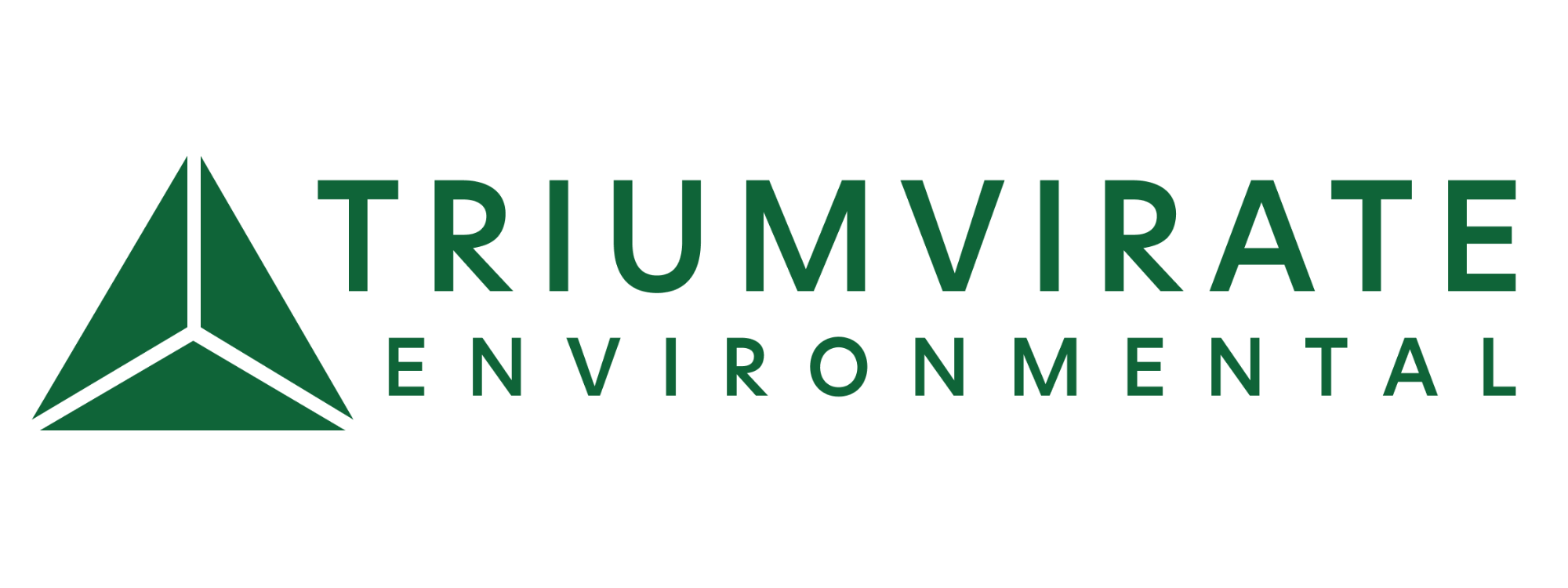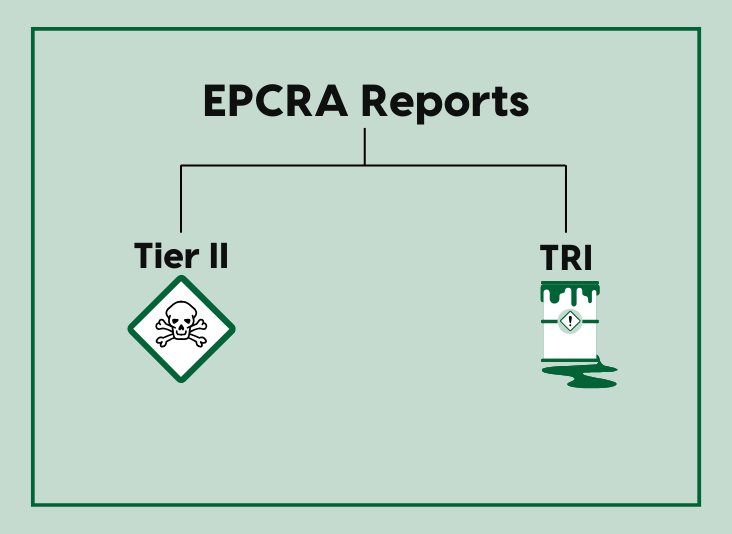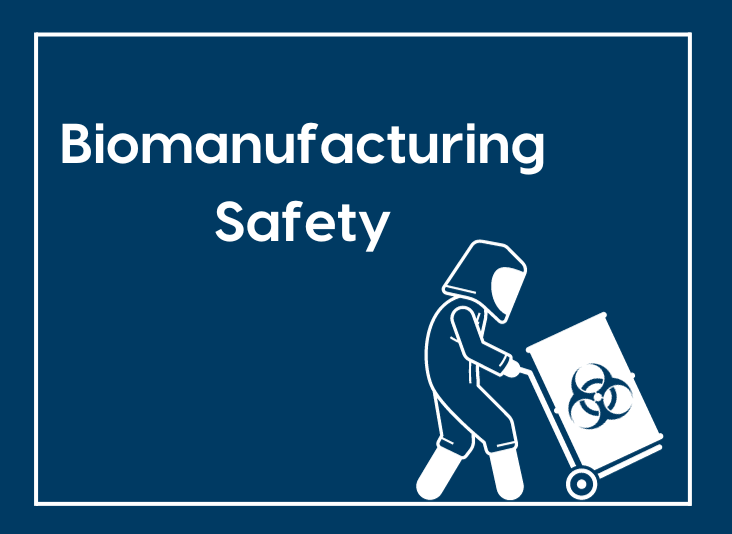Prescribed Pills in our Water Supply
Americans are prescribed over a billion pills each year, most of which are used up by the person taking the pills. We have all been there, where once we begin to feel better we stop taking the medication and place it in the back of the medicine cabinet or throw the rest in the garbage or flush it down the toilet, and even if this only amounts to 1% of the pills, that is still a significant number that is making it into our water supply. And what happens to the medication once it is taken by the individual? Most pharmaceuticals are not fully metabolized or broken down in the human body, the do their job and then are excreted in the feces or urine, and enter the water supply in that form. So how do we address the proper disposal of these medications? Do we put pressure on pharmaceutical companies to take back unused medications? Do we have Federal/state governments establish or subsidize home collection? Do we need to develop newer technologies which can be used by water treatment authorities to essentially “scrub” the chemicals out of the water? All of these options are being discussed or utilized in one form or another. Maine for instance has a state sponsored program where pre-paid, tamper proof envelopes can be picked up at any local pharmacy and homes can mail back unused or expired medications to the state, where they are subsequently disposed of by a hazardous waste company. Florida has adopted handling pharmaceuticals as a “Universal Waste” under the government solid waste regulations. It will be some time before any specific regulations are adopted by the federal EPA, but there will be some sort of regulation to address the issue of contamination in the drinking water of the US.








.png)